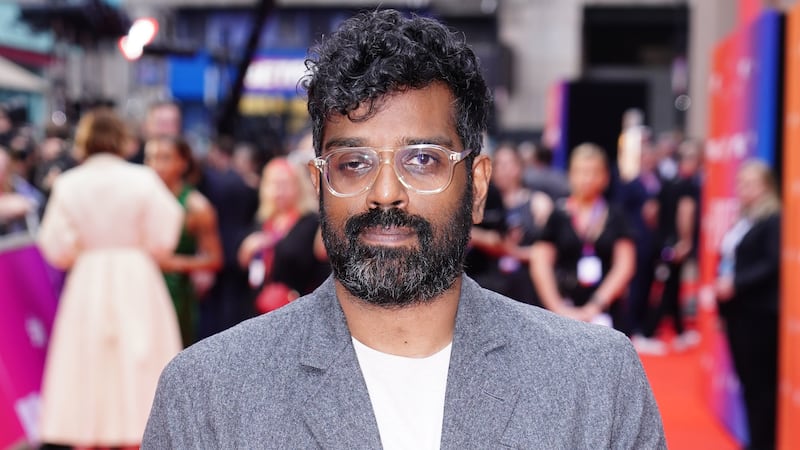You do it 15 times a minute, and we bet you did it just then.
When you blink, your eyelids close (obviously) and your eyeballs roll back. Blinking lubricates your eyes and protects them from debris that might irritate them.
But a new study has found that your gaze also automatically steadies – as part of your brain correcting the difference between what you see when you close your eyes and when they open.
Disney GIF – Find & Share on GIPHY
The moments at which we blink are predictable – scientists have already found that we tend to do it at the end of sentences we read or at pauses when listening to speech.
But this mechanism for mid-blink eye re-positioning is new.
“Our eye muscles are quite sluggish and imprecise, so the brain needs to constantly adapt its motor signals to make sure our eyes are pointing where they’re supposed to,” co-author Gerrit Maus said.
Roadrunner Records GIF – Find & Share on GIPHY
“Our findings suggest that the brain gauges the difference in what we see before and after a blink, and commands the eye muscles to make the needed corrections.”
Scientists from the University of California Berkeley, Dartmouth College, Singapore’s Nanyang Technological University and Universite Paris Descartes collaborated on research, which saw participant’s eye movements tracked by infrared cameras.
In what Maus called “the most boring experiment ever” participants sat in dark rooms watching a dot on a screen.
Reaction GIF – Find & Share on GIPHY
Every time they blinked the dot moved a centimetre to the right, and although they didn’t notice, their eyes eventually began to adjust during the blink to focus on where they expected the dot would go.
Researcher David Whitney, of Berkeley, said: “We perceive coherence and not transient blindness because the brain connects the dots for us.”
Co-author Patrick Cavanagh, of Dartmouth College added: “Our brains do a lot of prediction to compensate for how we move around in the world. It’s like a steadicam of the mind.”
The research is published in the Current Biology journal.








